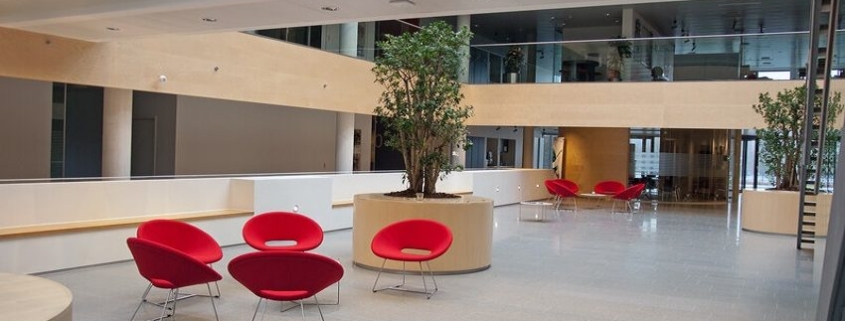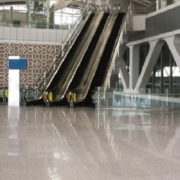Designing Healthcare Spaces To Be More Inclusive
Humanizing healthcare environments can improve both patient and staff wellbeing and is an essential consideration in the design of healthcare spaces.
Often, though, hospital designs might cater to the needs of patients but overlook the need for a safe and rejuvenating workplace that serves its staff too.
A research report on the topic of Design Matters for Nurses: Hospital Design For Nurse Attraction And Retention (HASSELL with University of Melbourne, May 2016) states:
“Aesthetics and maintenance of a workplace serve as a daily reminder of the value their employees place on their work. Nurses have identified a number of environmental qualities that affect their daily work experience, including temperature, noise, odor and color, but the main factors were access to natural light and maintenance.”
The report also notes that nurses often complain about the general lack of space away from patient work.
“The underestimated value of staff may be more significant than hospital management perceives, commented Michaela Sheahan, senior design researcher at HASSELL in a recent comment piece for Indesign magazine. “But this can be rectified with a renewed focus on the hospital as a workplace, as well as a place to treat patients.”
For instance, creating comfortable areas for meal breaks could provide relief from the high-intensity work that hospital staff members have to face every day. Outdoor dining areas for staff members can bring about a sense of enjoyment around mealtimes, creating a substantial distinction between work and break areas.
Dedicated spaces for documentation tasks with proper ergonomic support could help reduce strain and fatigue. Even the inclusion of large windows that bring in natural lighting could help impact patient healing and staff wellbeing.
Another emerging trend is using biophilic design principles to craft a more soothing indoor experience. Think improved ventilation, acoustic comfort, enhanced natural lighting, external natural views and the use of natural materials, patterns and colours.
By humanizing healthcare spaces through biophilia there is potential to empower patients, aid recovery, reduce stress and improve the emotional wellbeing of staff, in turn creating a more helpful, healing environment.
A timely example is the Royal Adelaide Hospital, designed by Silver Thomas Hanley in a joint venture with DesignInc. Planned around landscaped courtyards, the hospital has been conceptualized as a park within a hospital.
Perhaps it is worth exploring the idea of design that caters to both the patient and members of staff within a healthcare facility. It is, after all, in a healthcare organization’s best interests to have a happy and healthy team who love coming in to work and are fully invested in their duties.
Source: Architecture & Design









